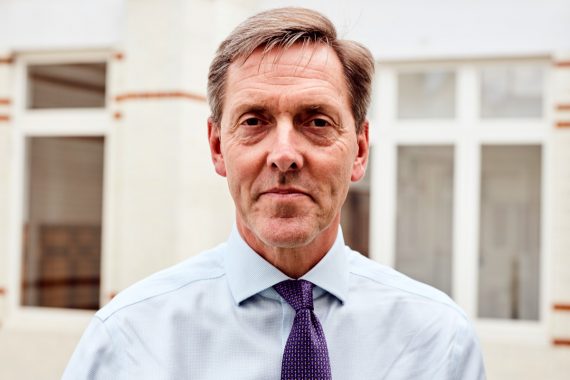The last workload survey run by Pulse in 2019 highlighted the intense workload pressures facing general practice. The average day of a GP was estimated to be 11 hours long, with 41 patient contacts, eight hours of consultations, and three hours of admin work.
Two years on, we’re amidst the most serious global health crisis the NHS has ever had to deal with. This has dominated our working, and non-working lives, as well as the news agenda – but the workforce and workload pressures that existed before the pandemic, that the RCGP has been pushing for action to address for several years, remain.
Covid-19 has changed the way GPs and our teams are working, with the shift to more remote consultations in order to protect patients from the risk of infection, as well as a reduction in bureaucratic tasks, such as preparation for appraisal and CQC inspections, which the College lobbied for.
Less red tape has certainly been helpful, allowing us to focus on things that really matter, but it doesn’t necessarily equate to a reduced workload. Figures from the RCGP’s Research and Surveillance Centre show that in the eight weeks leading up to the end of 2020, general practice consistently carried out more consultations than in 2019.
As well as ‘business as usual’ GPs, along with our dedicated teams, have taken a leading role in the Covid-19 vaccination programme, delivering 75% of the 16m plus vaccines administered in the UK. We’ve also been delivering the expanded flu vaccination programme, achieving more than 80% uptake amongst over-65s. This is a remarkable achievement.
We’re at the heart of helping our communities recover from the pandemic.
We are supporting patients whose physical and mental health has been impacted by the trauma of Covid-19 and the restrictions that have been in place to tackle it; rehabilitating patients suffering with long Covid and working through a backlog of patients who have, perhaps, been fearful to seek care or who we were unable to refer at the height of the pandemic. And whilst we don’t know what it will look like, general practice is likely to have a role in any long-term Covid vaccination programme.
GP workload is – as it was before the pandemic – largely unsustainable.
This isn’t only concerning for the mental health of our workforce; it is one of the principle reasons cited by GPs for leaving the profession earlier than planned or working part-time.
Workload and workforce pressures go hand in hand. We’ve been promised an extra 6,000 GPs – and whilst strides have been made to encourage young doctors to choose general practice, robust and comprehensive plans to retain existing GPs in the profession have not been forthcoming.
GP workload pressures need to be addressed by politicians and policy makers. We need to build a compelling picture of what’s currently happening on the ground to make this case, and completing Pulse’s survey is one way to help do that.
Professor Martin Marshall, RCGP chair
Pulse is carrying out a snapshot survey on GP workload based on GPs’ day in practice on Monday 1 March. We are asking GPs to take part to help raise awareness about the strain the profession is under.

















Thank you. The service will collapse unless significant work is done to address the workload of GPs. The model is failing, and GPs are unable to cope with demand. Do we need to charge patients? Do we need to cap appointments? This is not a game, its not a joke, the whole of the NHS which will pay the price if we don’t protect GPs.
Plus the harder you work and the better you do your job, the more patients you attract till you realise your work load is way more than others who are in and out .
There’s no reward for doing a good job, it’s madness!
Interesting comments to date.
The only way forward is the total triage model supported by the MDT approach to chronic disease management.
The MDT team should include medical,nursing and clinical pharmacists supported by external clinicians eg diabetologist and HF clinicians .
The total triage model gives the practice headroom to develop the MDTs
Fear less and just start saying NO – it actually works you know. You will be remembered more for what your believe in, than just following the sheep and institutes that will lead you down the rabbit hole. And that old RCGP and MRCGP doctrine of “patient-centered” – is actually out-dated and perpetuating deprofessionalisation. You need to work on that one, and actually consider the human on the delivering side.
Well, I’m retired. So I can say, despite the risk of flaming, that all the time GPs just complain, but somehow “manage” the government isn’t going to care. They are going to (understandably) just think GPs are “crying wolf”.